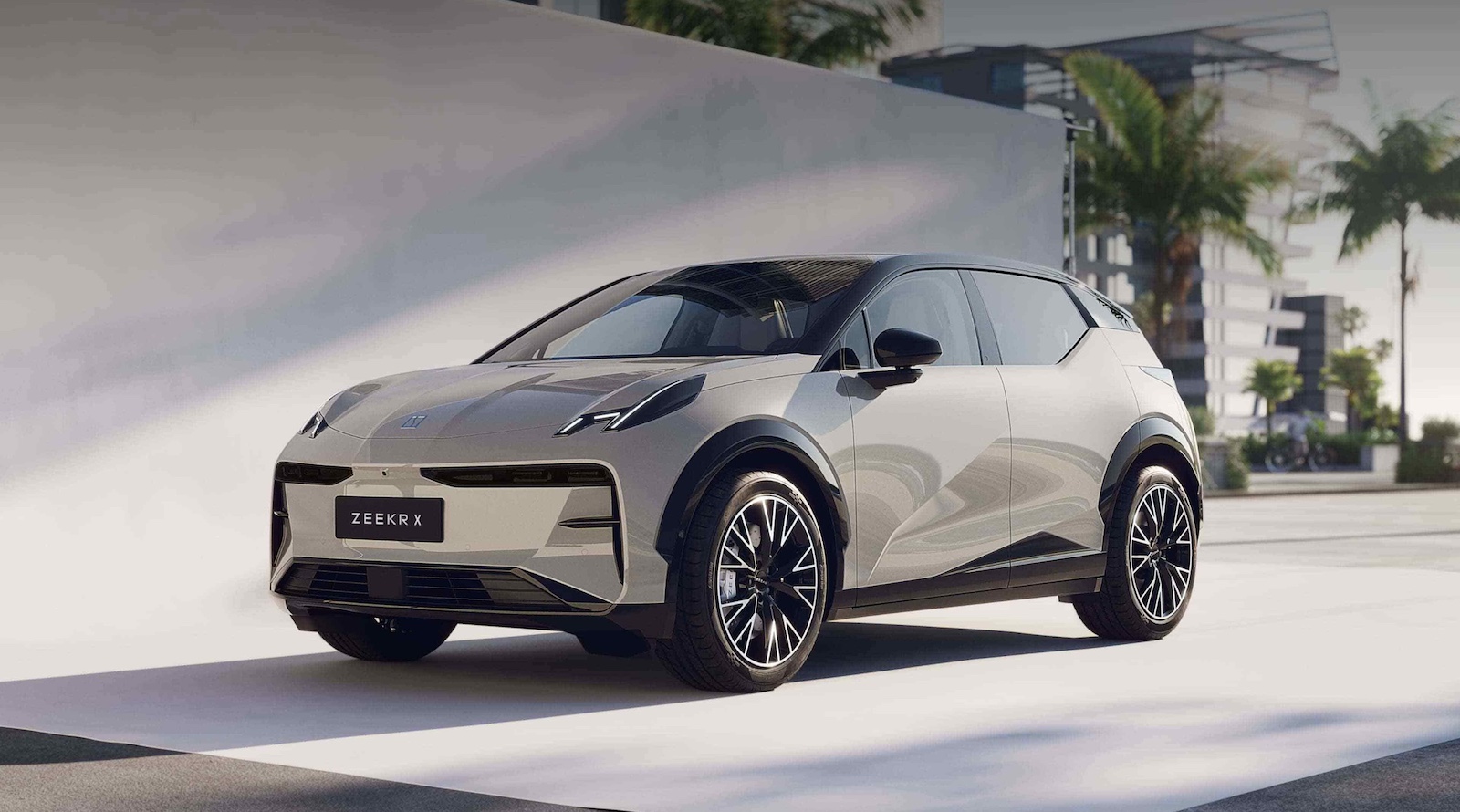We have published a lot of positive articles about the rapid transition to electric vehicles in China, which has the hottest EV market in the world by far. However, it’s not all rainbows and roses. For example, there is some question about how much support plugin hybrids get and how much they are used to drive on electricity. But the quote in the headline really caught my attention. Chinese automotive giant Geely is one of China’s legacy automakers, and Geely’s chairman, Li Shufu, recently said: “We are not giving up on gas engines.”
Geely is the parent company to EV startups Polestar, Lynk & Co, and Zeekr, as well as Volvo Cars, which is expected to be the first notable legacy auto brand to go fully electric. Geely also owns Lotus and has stakes in Mercedes-Benz and Aston Martin.
“In a recently released internal video address, Li Shufu stated that the company will maintain a ‘two-legged strategy’—advancing smart electric vehicles while continuing to develop and manufacture traditional ICE and hybrid cars,” CarNewsChina reports. Is that a smart strategy? In a market electrifying so quickly — with more than 50% of new vehicle sales being plugin vehicles — is it wise to keep one leg in the past?
“While accelerating smart electrification, we will continue to lead in traditional and hybrid powertrains,” he added while talking about continued R&D investments into internal combustion engines (ICE). “We must persist in walking on two legs.” I wonder if it won’t end up being more like walking on stilts and having one get stuck in cement.
Overall, though, Geely is clearly a very spread out auto conglomerate. It has several very different auto companies. Reportedly, Shufu emphasized this on the call and highlighted how it helps them improve across the network. “He cited Volvo for safety, Mercedes for luxury, Lotus for aerodynamics, and Aston Martin for high-end brand management as key learning opportunities.”
Interestingly, Shufu also took a stand against price wars. He emphasized that he saw “cutthroat price competition” as a race to the bottom and preferred to focus on “technology, quality, service, brand, and ethical battles.” Will that point of view and approach survive or even thrive as top competitors like BYD and Tesla continue to slash prices in order to meet their near-term sales targets? That’s the question, but it’s interesting to see that Geely has a firm stance opposed to the trend in the country.
As far as the headline, those gas engines, it doesn’t seem as though Shufu has any interest in denying the long-term transition to electric vehicles, but the statements on this certainly sound a lot like what we’ve heard from Western legacy automakers for the past decade and a half. Much of that is about slow-walking or delaying the transition. Is that for valid reasons related to consumer demand, or is it to try to squeeze more money out of pre-existing investments and IP, or is it because others are leaders in the EV space in ways they haven’t been and they just don’t want to admit they’ve been losing?

Sign up for CleanTechnica’s Weekly Substack for Zach and Scott’s in-depth analyses and high level summaries, sign up for our daily newsletter, and follow us on Google News!


Whether you have solar power or not, please complete our latest solar power survey.
Have a tip for CleanTechnica? Want to advertise? Want to suggest a guest for our CleanTech Talk podcast? Contact us here.
Sign up for our daily newsletter for 15 new cleantech stories a day. Or sign up for our weekly one on top stories of the week if daily is too frequent.
CleanTechnica uses affiliate links. See our policy here.
CleanTechnica’s Comment Policy

